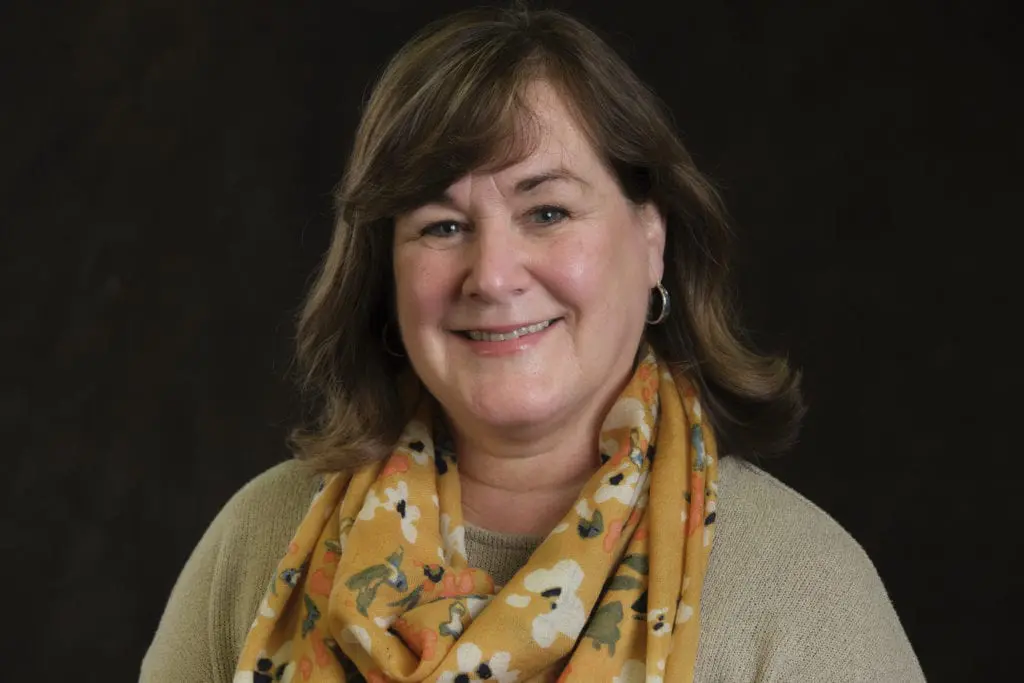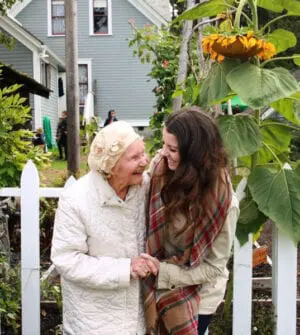British Columbia’s elderly population is increasing, and as more and more people retire, there is a greater demand for gerontology workers. The term gerontology was coined just over 100 years ago, and refers to the study of the cognitive, physical and psychological effects of aging. Given it is a fairly new area of study, scientists, researchers and doctors are continuously developing new theories and methods to help improve the quality of life for the aging population.
Students who graduate from a gerontology program work with elderly patients to help enrich their social environment and assist them with any physical difficulties they may face. If you’re thinking about enrolling in gerontology courses, read on to discover what new and influential trends are emerging in this field.
Gerontology Studies Suggest Movement Towards Standardized Care
Back before personal support workers and gerontology nurses were commonplace, caretakers for the elderly were often relatives who performed all of the duties themselves. These days, with the rise of professionals who have gerontology training, there has been a push towards standardized care for the elderly.
In retirement and assisted living homes especially, there have been movements towards better pain management practices, and increased efforts to give all patients the same level of care. Many assisted living homes are finding more thorough ways to measure and evaluate the quality of care received by patients, in order to determine where new standards should be implemented.
Gerontology Professionals Are Encouraging Positive Aging
Positive aging is a new attitude towards gerontology that encourages the thought of aging as a developmental stage in life, rather than pathology. While old age often brings about new and additional health problems, aging affects every patient differently.
Positive aging suggests:
- That aging does not necessarily make a patient “frail”
- That aging does not necessarily mean a loss of physical mobility or function
With these points in mind, patients will see aging as a new stage in life, rather than view it through a lens of negativity.
A Greater Focus on Chronic Disease Management
Many patients that you’ll work with in your gerontology career will be diagnosed with a chronic illness, which will likely affect their everyday living. Common chronic illnesses include diabetes, arthritis, cataracts, hearing impairment and hypertension. Because adults today are living longer than ever, there is an increased need for professionals to work with patients who have chronic diseases, and develop new tactics for chronic disease management.
Some of today’s newest methods for helping the elderly manage chronic disease include:
- Self-care clinics and other health promotion activities
- Patients being active participants in their care
- A multifaceted healthcare team working together with a pro-active care plan
Gerontologists See More Patients Choosing to “Age in Place”
While retirement homes and assisted living facilities are still beneficial for patients who require full-time care, many patients prefer to age in the comfort and familiarity of their homes. The new (or perhaps renewed) trend of “aging in place” means that a patient can age independently and comfortably, with minimal stress. However, aging in place does require some modifications to the home, such as:
- Walk-in bathtubs
- Easily accessible lighting
- Ramps
- Stair lifts
- Home elevators
When choosing to age in place, patients may be outfitted with a Lifeline, or another form of communication technology, which can be used to signal for help if there’s ever a problem or medical emergency.
Are you interested in learning more by enrolling in a gerontology program? Check out our website for more information, or to speak with an advisor.











